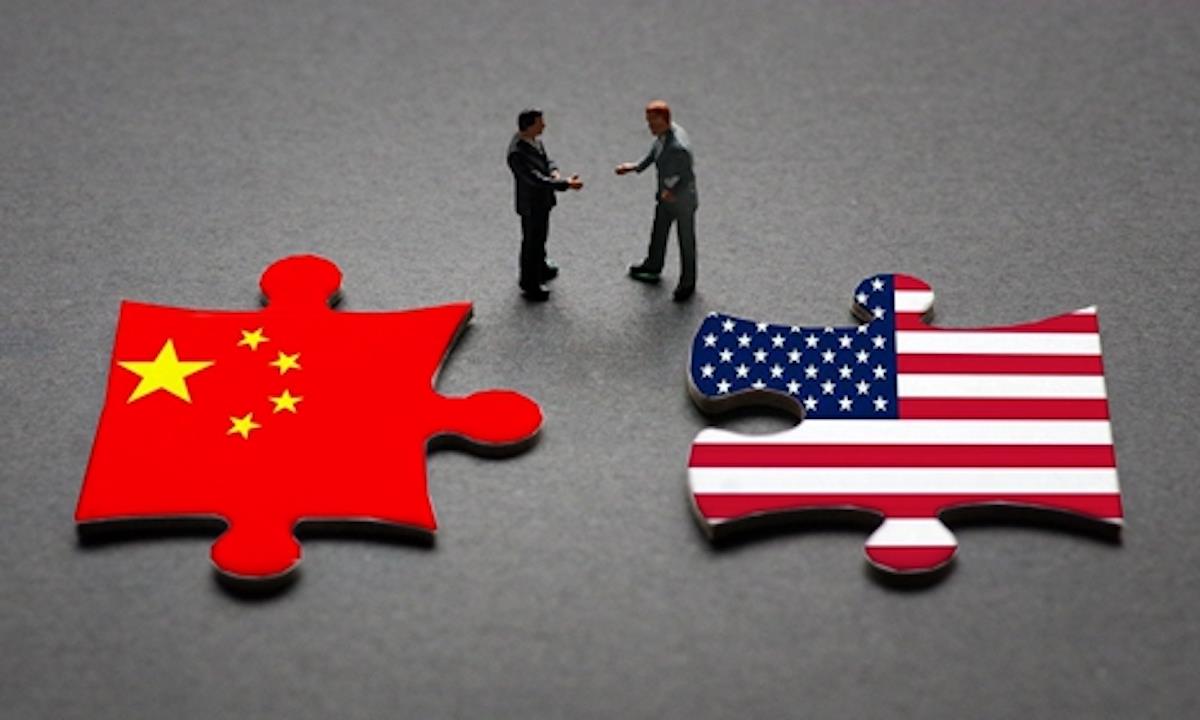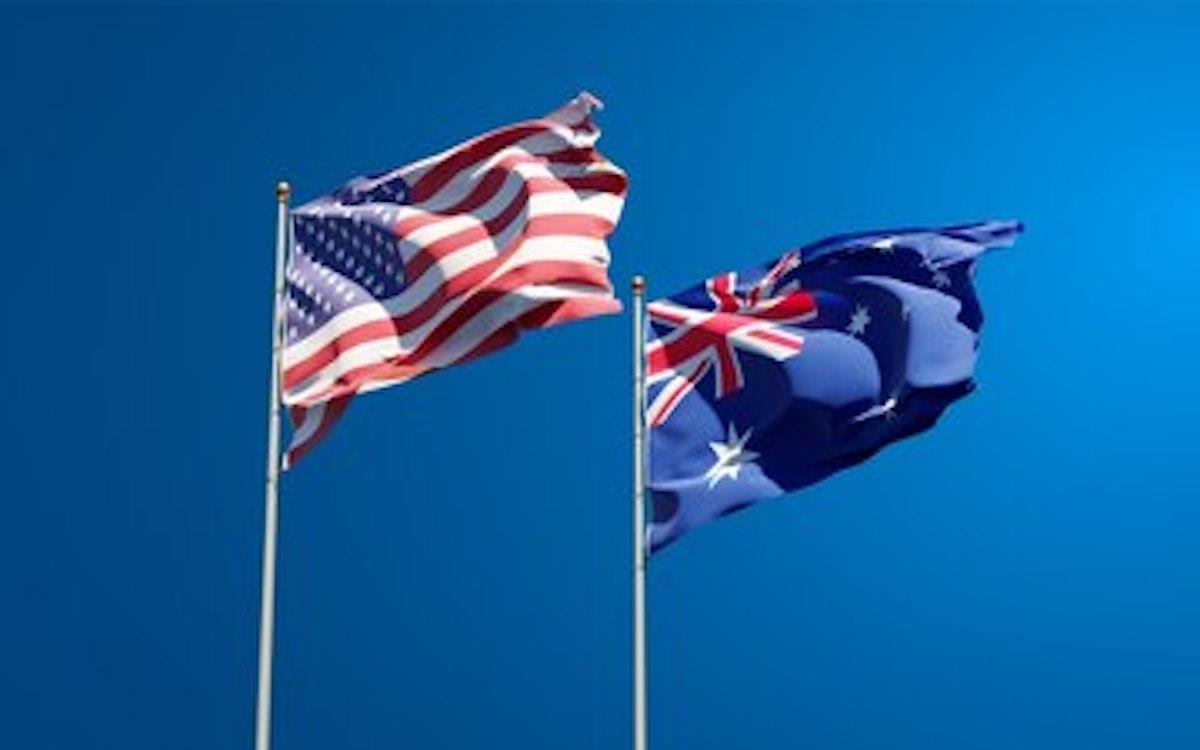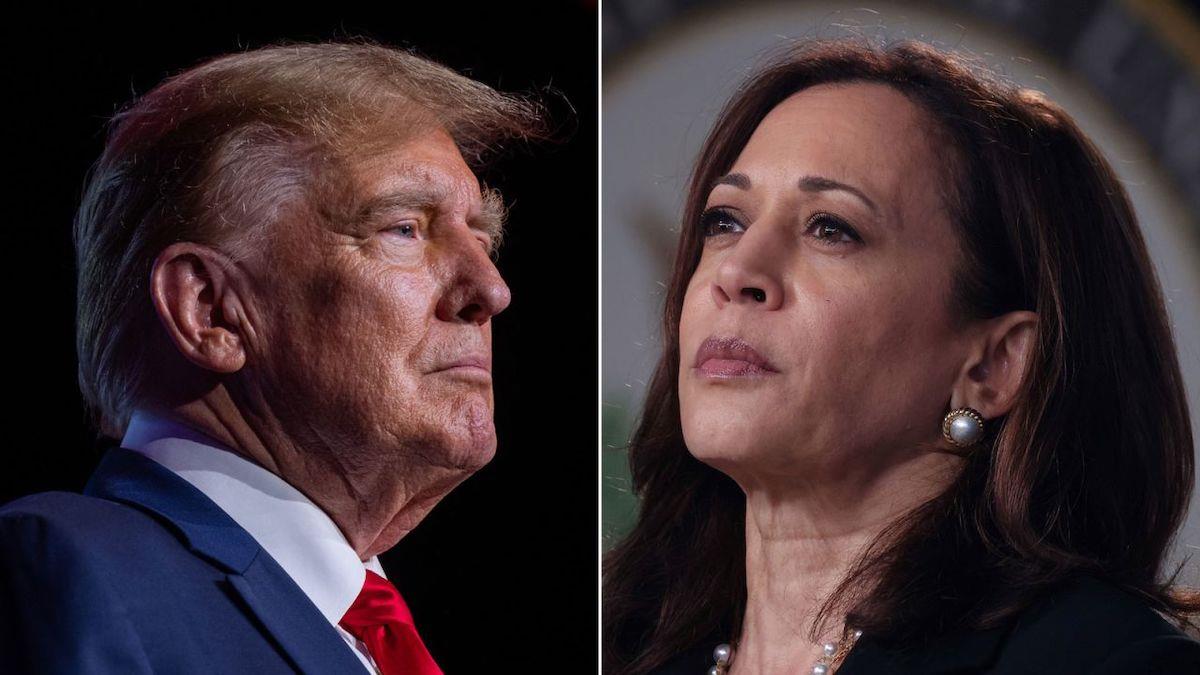
For China, A Harris Presidency Would Be The Lesser Of Two Evils
“Are we adversaries, or partners?” President Xi Jinping queried President Joe Biden during their meeting last November at the Filoli Estate, a grand country house and garden set on rolling grounds in Woodside, California.“That,” Xi explained,“is the number one question for us.”
Returning to the question five months later in his phone conversation with Biden, Xi asserted that the two sides needed to first get the“issue of strategic perception” right –“just like the first button of a shirt that must be put right.”
Be it a Harris administration or a second Trump administration, the first button is not likely to be worn as per Xi's liking. The era of engagement in US-China relations has drawn to an unceremonious close. Strategic competition, including perhaps of an extreme variant, is here to stay.
The operative question going forward, rather, is whether the two sides are capable of fitfully stabilizing ties by emplacing guardrails on the relationship, even as the negative tendencies in their relationship deepen – or whether extreme competition will degenerate into outright strategic rivalry with the possibility of the bottom falling out of the relationship entirely.
A Harris administration's or a second Trump administration's approach toward China likely would feature many common elements. These include
- maintaining America's innovation edge over China;
- preventing China's trade and industrial policy practices from distorting global markets and harming US competitiveness;
- promoting US values and counterbalancing Chinese models of government and influence operations;
- maintaining an intelligence advantage over Beijing; and, foremost,
- deterring China from the use of military force regionally. This includes denying China sustained air and sea dominance inside the first island chain in a conflict, defending the first island chain nations including Taiwan and dominating all warfighting domains outside the first island chain.
The philosophical basis of the common approach toward China derives from the Trump administration's National Security Strategy of December 2017.
Having declared China a“revisionist power” that was engaged in“long-term strategic competition” with the United States, the administration worked to redraw the region's hub-and-spokes architecture into a four-cornered network featuring Washington, Tokyo, Canberra, and New Delhi as the“principal hubs” to preserve a favorable strategic balance over China.
On the geo-economic front, tariffs were imposed on $370 billion worth of Chinese imports and, after declaring that Chinese control of advanced technologies posed“profound challenges to free societies,” the United States' technology control regime was reimagined via an expansive ICTS (information and communications technology and services) rule that was trained initially on kneecapping the telecoms giant, Huawei.

Legal Disclaimer:
MENAFN provides the
information “as is” without warranty of any kind. We do not accept
any responsibility or liability for the accuracy, content, images,
videos, licenses, completeness, legality, or reliability of the information
contained in this article. If you have any complaints or copyright
issues related to this article, kindly contact the provider above.



























Comments
No comment